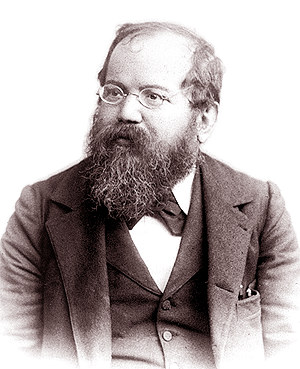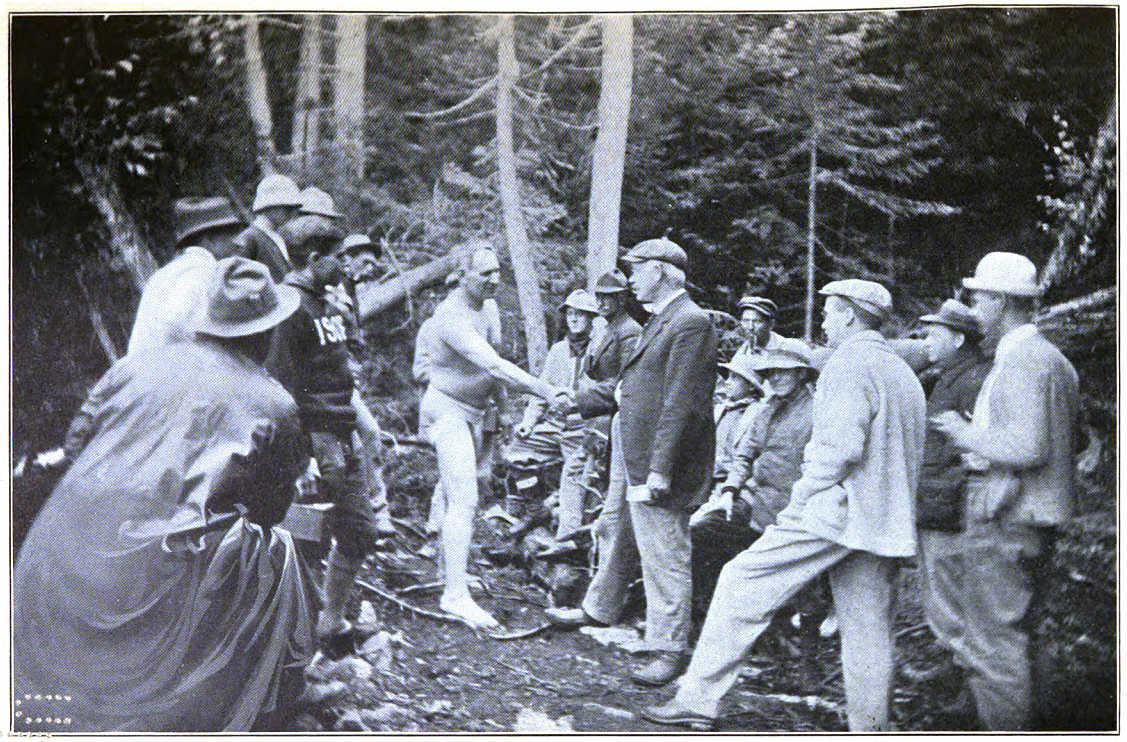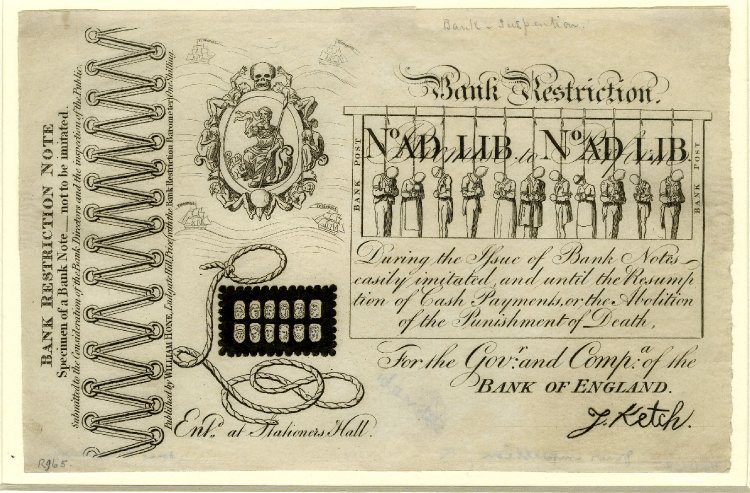
No women are allowed on Greece’s Mount Athos, the site of 20 Eastern Orthodox monasteries, because they would hinder the monks’ progress toward spiritual enlightenment. Mary alone represents her sex on the mountain.
The ban has been in place since an imperial decree in 1046, with a few colorful exceptions:
- In the 1300s a Serbian emperor brought his wife to the peninsula to protect her from the plague. She was borne in a hand carriage the whole time, her feet never touching the ground.
- French writer Maryse Choisy snuck in in the 1920s, disguised as a sailor. She published her adventure under the title Un mois chez les hommes (“A Month With Men”).
- In 1953 Ohio Fulbright Program teacher Cora Miller landed briefly with two other women, creating a furor.
- In 2008, five Moldovan migrants arrived by way of Turkey; four were women. The monks forgave them.
The rule extends even to hens, cows, nanny-goats, and sows, which means that dairy products and eggs have to be brought in from outside. Female cats, insects, and songbirds are admitted.
In 2003 the European Parliament passed a resolution saying the ban violated “the universally recognised principle of gender equality,” but it remains in place — even female sightseers must stay at least 500 meters offshore.







